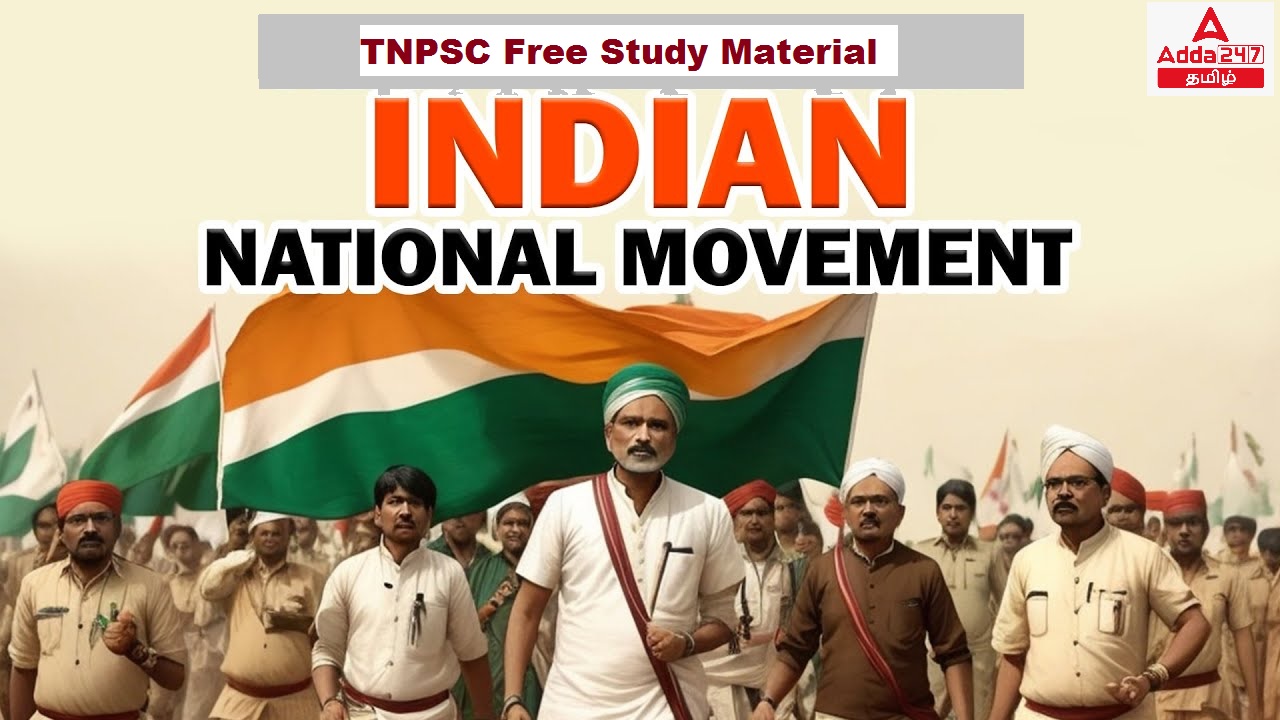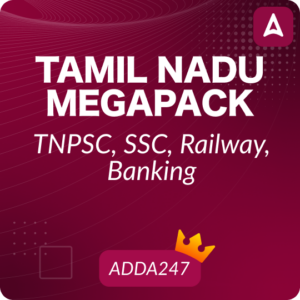இந்தக் கட்டுரையில், TNPSC குரூப் 1, குரூப் 2, குரூப் 2A, குரூப் 4 மாநிலப் போட்டித் தேர்வுகளான TNUSRB, TRB, TET, TNEB போன்றவற்றுக்கான முறைகள் இலவசக் குறிப்புகளைப் பெறுவீர்கள்.தேர்வுக்கு தயாராவோர் இங்குள்ள பாடக்குறிப்புகளை படித்து பயன்பெற வாழ்த்துகிறோம்.
Second Round Table Conference
September 7, 1931 to December 1, 1931- The second Round Table Conference was held
in London.
September 12, 1931 – Gandhi and sarojini naidu are representatives of Congress and
other 107 delegates reached London to attend Second Round Table Conference
During this, Lord Irwin had been replaced by Lord Willingdon as viceroy in India.
The Labour government in England had been replaced by a National Government which
was an uneasy coalition between Labour and Conservatives.
The British were also angered by the increased revolutionary activities in India.
The Right Wing or Conservatives in Britain led by Churchill strongly objected to the
British government negotiating with the Congress on an equal basis.
They, instead, demanded a strong government in India.
The Prime Minister, Ramsay MacDonald headed the Conservative dominated cabinet
with a weak and reactionary secretary of state for India, Samuel Hoare.
Gandhi Demands
Gandhi pointed out that there was a need of a partnership between Britain and India on
the basis of equality.
He put forward the demand for the immediate establishment of a responsible
government at the centre as well as in the provinces.
He also reiterated that the Congress alone represented political India.
He discarded the idea of a separate electorate for untouchables, saying that they were
Hindus, and thus not to be treated as a minority
He also said there was no need for separate electorates or special safeguards for
Muslims or other minorities.
Many of the other delegates disagreed with Gandhi.
Deadlock in the Session
Hence, the session got deadlocked on the question of the minorities. Separate
electorates were being demanded by the Muslims, depressed classes, Christians and
Anglo-Indians.
All these came together in a ‘Minorities’ Pact’. Gandhi fought desperately against the
minorities demand.
The princes were also not too enthusiastic about a federation, especially after the
possibility of the formation of a Congress government at the centre had receded after
the suspension of civil disobedience movement.
MacDonald’s announcement
Two Mulsim majority provinces – North-West Frontier Province (NWFP) and Sindh were
created.
The setting up of an Indian Consultative Committee;
Setting up of three expert committees for finance, franchise and states
The prospect of a unilateral British Communal Award if Indians failed to agree.
The government refused to concede the basic Indian demand of freedom. Gandhi
returned to India on December 28, 1931.
Resume of Civil Disobedience Movement and Third Round Table Conference
Civil Disobedience Resumed
Due to the failure of the second Round Table Conference, the Congress Working
Committee decided to resume the civil disobedience movement on December 29, 1931.
After the CWC decided to resume the civil disobedience movement, Viceroy Willingdon
refused a meeting with Gandhi on December 31.
In the United Provinces, the Congress had been leading a movement for rent reduction.
In the NWFP, severe repression had been unleashed against the Khudai Khidmatgars
and the peasants led by them who were agitating against the brutal methods of tax-
collection by the government.
In Bengal, draconian ordinances and mass detentions had been used in the name of
fighting terrorism.
In September 1931, there was a firing incident on political prisoners in Hijli Jail.
All key leaders including Nehru, Khan Abdul Gafar Khan were arrested.
On January 4, 1932, Gandhi was arrested and sent to Yeravada jail
The Congress was banned.
Special laws were enacted to crush the agitations.
Over a lakh of protesters were arrested and literature relating to nationalism was also
declared illegal and confiscated.
It was a reign of terror that was unleashed on the unarmed masses participating in the
movement
The movement started waning and it was officially suspended in May 1933 and
withdrawn in May 1934.
*************************************************************************
| Adda247 TamilNadu Home page | Click here |
| Official Website=Adda247 | Click here |




